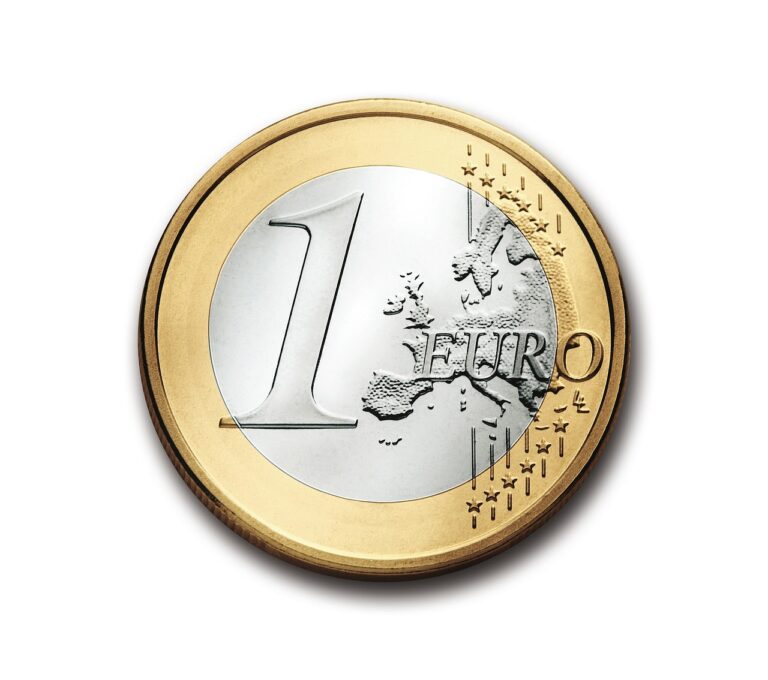Exploring the Potential of Drone Delivery in E-commerce
laser book 247, silverexchange, 11xplay pro: Exploring the Potential of Drone Delivery in E-commerce
In today’s fast-paced world, convenience is key. Consumers are constantly seeking ways to streamline their shopping experience, and e-commerce has revolutionized the way we shop. With the rise of online shopping, retailers are always looking for innovative ways to deliver products to customers faster and more efficiently. One solution that has been gaining traction in recent years is drone delivery.
Drones have the potential to revolutionize the e-commerce industry by offering faster delivery times, reducing delivery costs, and improving overall customer satisfaction. In this article, we will explore the potential of drone delivery in e-commerce and how it could shape the future of retail.
Benefits of Drone Delivery in E-commerce
1. Faster delivery times: One of the most significant advantages of drone delivery is its ability to drastically reduce delivery times. Drones can bypass traffic and other obstacles, allowing them to deliver products to customers in record time. This quick turnaround time can lead to increased customer satisfaction and loyalty.
2. Reduced delivery costs: Drone delivery can also help retailers save money on delivery costs. By using drones instead of traditional delivery methods, retailers can cut down on fuel costs, labor costs, and vehicle maintenance expenses. This cost savings can result in increased profitability for retailers.
3. Accessibility: Drones can reach remote and hard-to-access locations that may be difficult for traditional delivery vehicles to navigate. This increased accessibility can help retailers expand their customer base and reach new markets.
4. Environmentally friendly: Drones are more environmentally friendly than traditional delivery vehicles, as they produce fewer emissions and consume less fuel. This eco-friendly aspect of drone delivery can help retailers reduce their carbon footprint and appeal to environmentally conscious consumers.
5. Enhanced customer experience: Drone delivery can provide a unique and memorable experience for customers. The sight of a drone dropping off a package at their doorstep can create a sense of excitement and novelty, leading to a positive customer experience.
Challenges of Drone Delivery in E-commerce
While drone delivery offers numerous benefits, there are also some challenges that need to be addressed before it can become a widespread reality in the e-commerce industry.
1. Regulatory hurdles: One of the biggest challenges facing drone delivery is navigating the complex web of regulations surrounding unmanned aerial vehicles. Government agencies have stringent rules in place to ensure the safe operation of drones, and retailers must navigate these regulations to implement drone delivery successfully.
2. Technical limitations: Drones have limited carrying capacity and range, which can restrict the types of products that can be delivered and the distance they can travel. Retailers must continue to innovate and improve drone technology to overcome these technical limitations.
3. Security concerns: There are concerns about the security of drone delivery, such as the risk of drones being hacked or stolen en route. Retailers must implement robust security measures to protect their drones and the products they are delivering.
4. Weather conditions: Adverse weather conditions, such as strong winds or heavy rain, can hinder the operation of drones and lead to delivery delays. Retailers must develop contingency plans to account for these challenges and ensure reliable delivery.
5. Public acceptance: Some consumers may be skeptical or apprehensive about the idea of drones delivering their packages. Retailers must educate the public about the safety and benefits of drone delivery to gain their trust and acceptance.
Future Outlook of Drone Delivery in E-commerce
Despite these challenges, the future of drone delivery in e-commerce looks promising. Retailers are increasingly investing in drone technology and exploring ways to integrate drones into their delivery operations. As technology continues to advance and regulations evolve, we can expect to see more retailers adopting drone delivery as a standard practice.
FAQs
1. How do drones navigate to the delivery location?
Drones use GPS technology to navigate to the delivery location. They are programmed with the coordinates of the delivery address and use GPS signals to guide them to the destination.
2. Can drones deliver large or heavy products?
Currently, drones have limited carrying capacity and are best suited for delivering small, lightweight items. However, advancements in drone technology may allow for the delivery of larger or heavier products in the future.
3. Are there restrictions on where drones can fly?
Yes, there are restrictions on where drones can fly to ensure the safety of airspace. Retailers must adhere to these regulations and obtain any necessary permits or licenses to operate drones for delivery purposes.
4. How secure is drone delivery?
Retailers take various security measures to ensure the safety of drone delivery, such as encryption technology, remote monitoring, and GPS tracking. However, there is always a risk of security breaches, and retailers must stay vigilant to protect their drones and the products they are delivering.
5. When can we expect to see widespread adoption of drone delivery?
The adoption of drone delivery will depend on various factors, such as regulatory changes, technological advancements, and public acceptance. While it may take some time for drone delivery to become a mainstream practice, retailers are actively exploring its potential and working towards making it a reality.
In conclusion, drone delivery has the potential to revolutionize the e-commerce industry by offering faster delivery times, reducing costs, and improving customer experience. While there are challenges to overcome, the future outlook of drone delivery looks promising, and retailers are actively exploring ways to integrate drones into their delivery operations. As technology continues to advance and regulations evolve, we can expect to see more retailers embracing drone delivery as a standard practice in the coming years.







